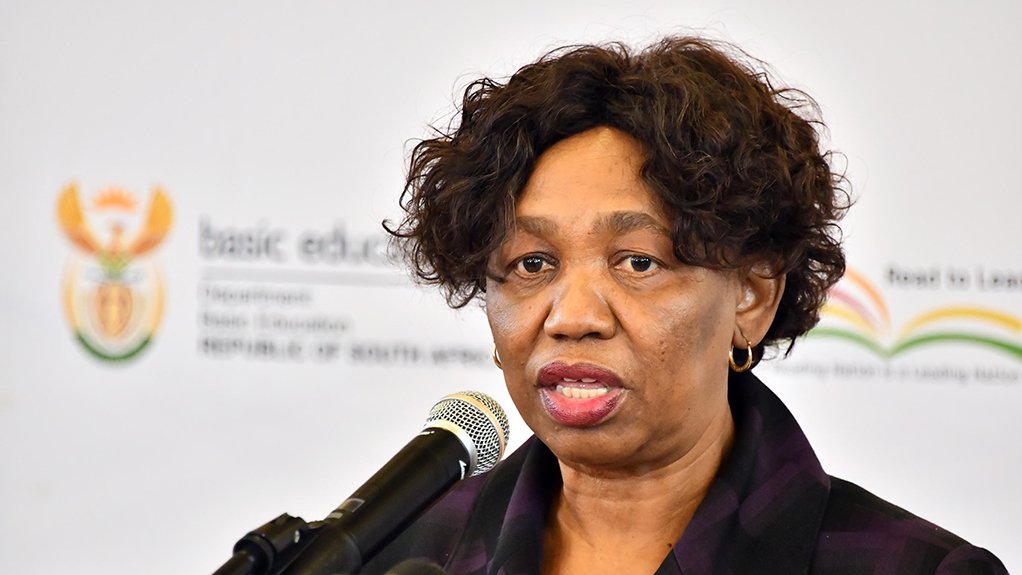Government of National Unity member the Democratic Alliance (DA) pointed out that while it welcomed the Southern African Development Community’s (SADC’s) decision to withdraw troops from the Democratic Republic of Congo (DRC), it will be complicated, and it urged Defence and Military Veterans Minister Angie Motshekga to ensure that a significant amount of combat equipment, which it said could fall into the hands of M23 rebels, is not left behind.
The SADC said on Thursday that a summit of regional heads of State had terminated the mandate of its troop deployment in the DRC and decided on a "phased withdrawal".
The DA said the decision to withdraw troops was a step in the right direction after the dire conditions the soldiers had been enduring.
Fourteen soldiers have lost their lives in the conflict, this amid concerns regarding the serviceability of the South African National Defence Force’s Prime Mission Equipment and mission deployment readiness.
South Africa’s soldiers were part of the SADC mission to the DRC in Goma, where they were ambushed by M23 rebels, who had regrouped since 2023 and were fighting against DRC forces.
The DA had long advocated for the withdrawal of troops, especially following the intense battles in January 23, after which the country’s soldiers were left surrounded by the M23 rebels with no logistical support for 48 days.
“…in this time, they were deprived of food, medical supplies, and were forced to rely on the goodwill of M23 for survival,” said DA spokesperson on Defence & Military Veterans Chris Hattingh.
He noted that M23 had already “demonstrated their dominance” in the region.
“The SADC’s acknowledgment of this reality and the subsequent decision to end the mission is a necessary step, but it raises urgent questions about the effectiveness of the mission itself,” he said.
He highlighted that “the painful process” of repatriating the country’s fallen soldiers havd left much to be desired, pointing out that it took 117 days for soldiers' bodies to be returned to Pretoria, while critically wounded soldiers required 31 days of waiting before receiving the necessary treatment at 1 Military Hospital.
“This delay is unacceptable and highlights the logistical and humanitarian shortcomings of the mission. The lessons learned from this DRC deployment must be fully recorded and reflected on. We cannot let this happen again,” he said.
EMAIL THIS ARTICLE SAVE THIS ARTICLE ARTICLE ENQUIRY
To subscribe email subscriptions@creamermedia.co.za or click here
To advertise email advertising@creamermedia.co.za or click here











